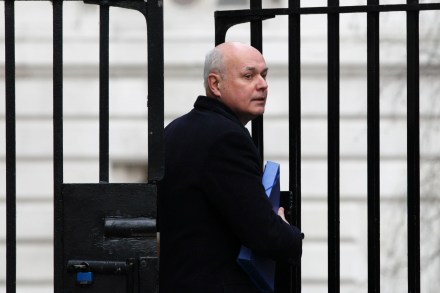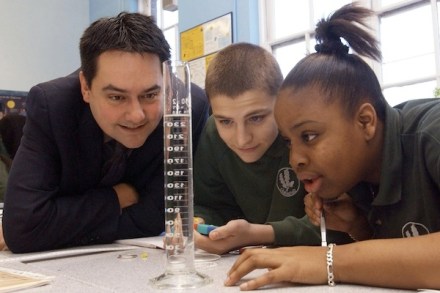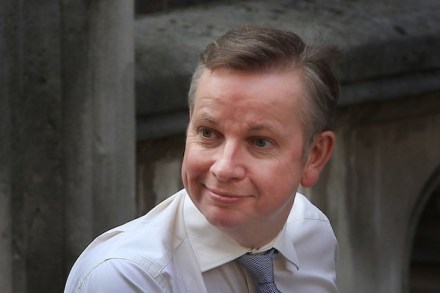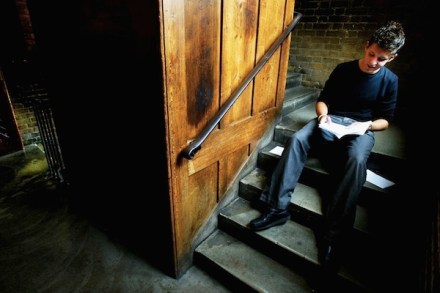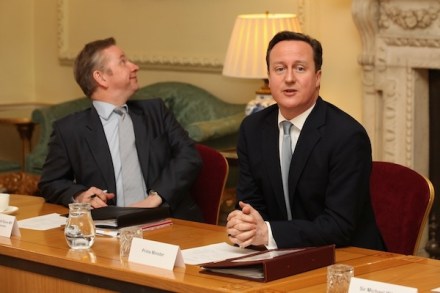Schools Do Furnish A Nation – Spectator Blogs
Also elsewhere today, I’ve a piece for the Scotsman arguing that Andrew Adonis was the third-most important person in the Blair-Brown governments and that, by god, Scotland could do with some of his reforming zeal too. Most sensible people in England agree academies have been a success (though there’s still a long way to go); unfortunately most people in Scotland seem to think there’s precious little need for reform. This complacency is unwarranted. Adonis has written a memoir – Education, Education, Education: Reforming England’s Schools – that should be read by every MP and MSP. It’s probably the most important political book of the year. I know suggesting Scotland might



